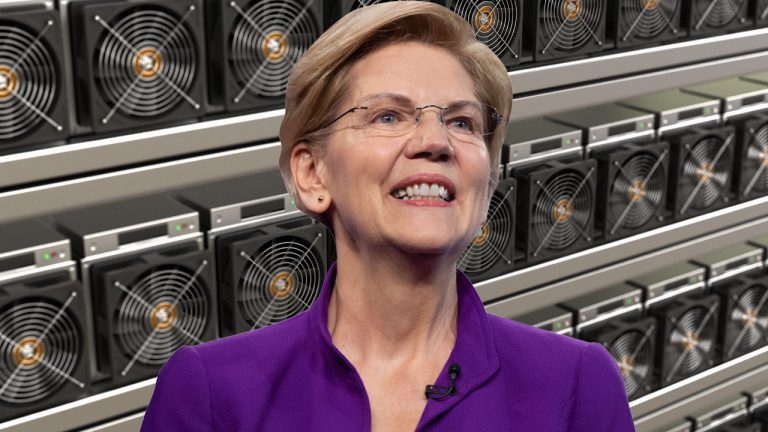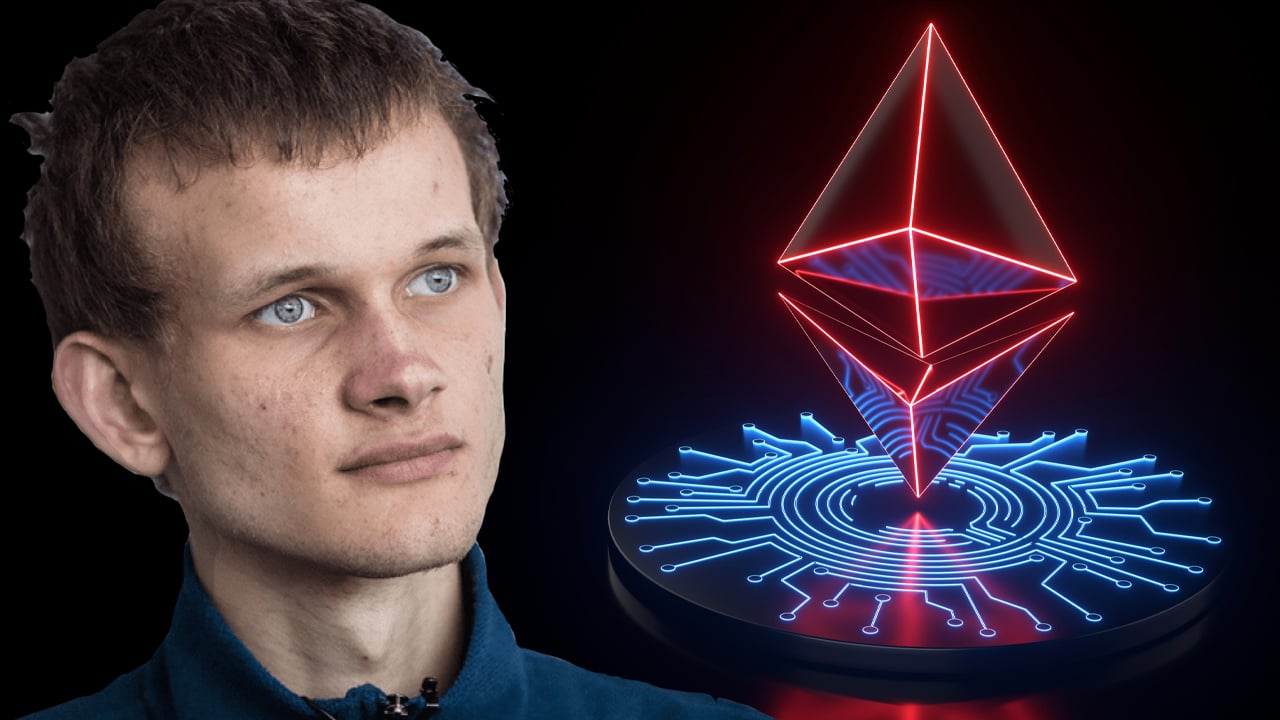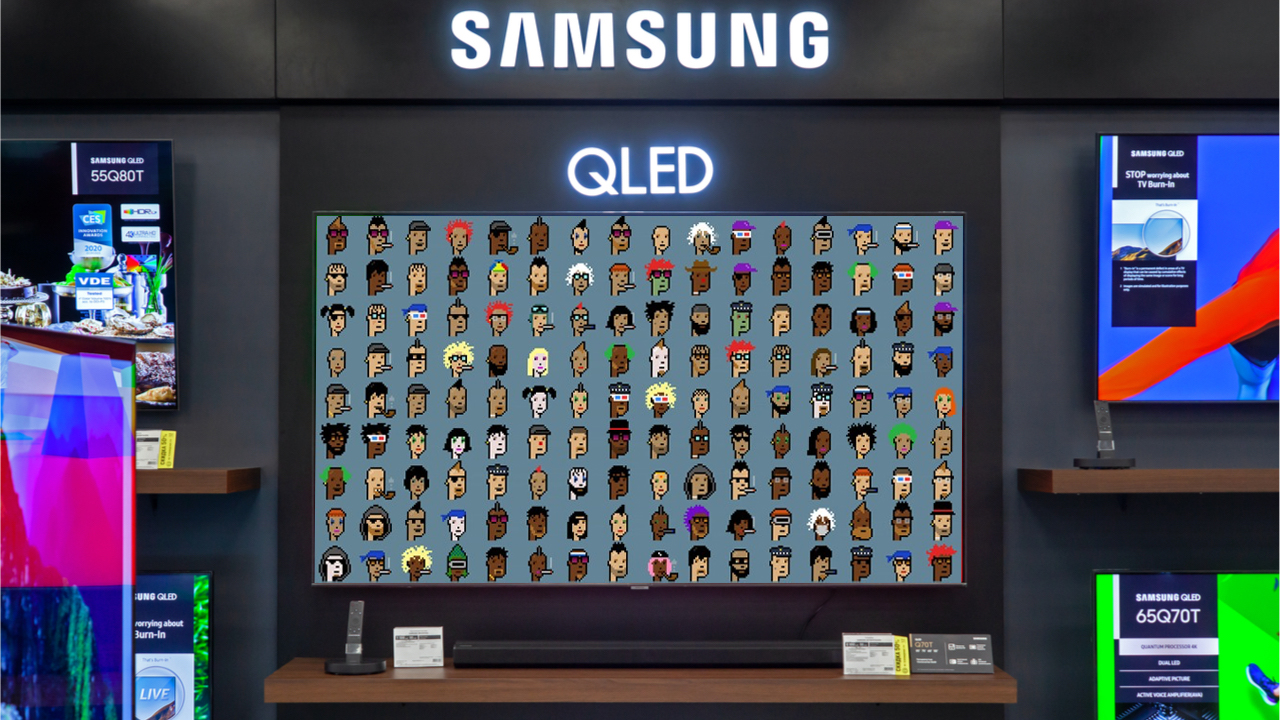
Vitalik Buterin has weighed the impacts of the addition of zk-EVMs at the protocol level, saying it could speed up the verification process on the base layer.
Ethereum co-founder Vitalik Buterin wants to see zero-knowledge Ethereum Virtual Machines (zk-EVMs) built on Ethereum’s first layer to speed up the verification process on the base blockchain.
Buterin explained in a March 31 post that it’s possible to integrate a zk-EVM on the base layer without compromising on decentralization and security. The technology enables Ethereum Virtual Machines to execute smart contracts on the blockchain with ZK proofs.
How will Ethereum's multi-client philosophy interact with ZK-EVMs?https://t.co/MPpTPNhldR
— vitalik.eth (@VitalikButerin) March 31, 2023
Ethereum was developed with a “multi-client philosophy” to ensure decentralization at the protocol level, Buterin explained. By integrating zk-EVMs at the Ethereum layer 1, it would be the third type of client.
“Once that happens, zk-EVMs de-facto become a third type of Ethereum client, just as important to the network's security as execution clients and consensus clients are today.”
The other two clients are the “consensus” and “execution” clients. The consensus client implements proof-of-stake to ensure nodes in the network reach agreement. While the execution listens to new transactions broadcasted in the network, executes them in standard EVM and holds a copy of the latest state of the blockchain.
In championing the idea of zk-EVM verification at the Ethereum base layer, Buterin firstly considered the advantages and drawbacks of treating the layer 1 as a “clearinghouse” by pushing almost all activity to layer 2’s.
He said many layer 1-based apps would become “economically nonviable” and that small funds — worth a few hundred dollars or less — may get “stuck” in the event that gas fees grow too large.
Buterin explained that zk-EVMs would need to be “open” in that different clients each have different zk-EVM implementations and each client waits for a proof that is compatible with its own implementation before accepting a block as valid.
He prefers this approach because it wouldn’t abandon the “multi-client” paradigm, and an open zk-EVM infrastructure would also ensure that new clients could be developed, which would further decentralize Ethereum at the base layer.
Related: ConsenSys zkEVM set for public testnet to deliver secure settlements on Ethereum
Buterin said zkEVMs may be the solution to “The Verge,” a part of the Ethereum roadmap which aims to make verification at the base layer easier.
Updated roadmap diagram! pic.twitter.com/MT9BKgYcJH
— vitalik.eth (@VitalikButerin) November 4, 2022
Buterin acknowledged that the zk-EVM infrastructure may cause data inefficiency and latency issues, however he said those challenges wouldn’t be “too hard” to overcome.
If the zk-EVM ecosystem is implemented, it would make running a full node on Ethereum even easier, Buterin explained:
“Ethereum blocks would be smaller than today, anyone could run a fully verifying node on their laptop or even their phone or inside a browser extension, and this would all happen while preserving the benefits of Ethereum's multi-client philosophy.”
Ethereum layer-2 scaling platform Polygon has made considerable progress with its zk-EVM, having recently open-sourced its zkEVM to the Polygon mainnet on March 27, promising reduced transaction costs and increased throughput of smart contract deployments.
StarkWare, ConsenSys, Scroll, zkSync and Immutable are also deploying similar zkEVM scaling solutions.




